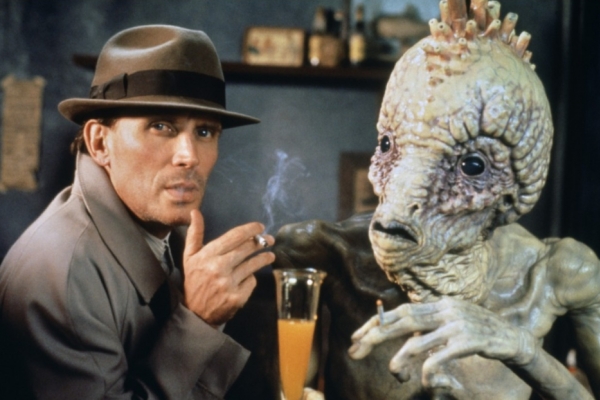
David Cronenberg has made some truly strange movies over the years. One can just look at a plot synopsis and marvel at how remarkably insane some of the plot points and characters are. But even that fails to give a sense of how weird Cronenberg can get. Yes, some of the stories are weird by themselves, but the director loves to play with dialogue, symbolism, and unwritten cinematic rules to make for some of the most unorthodox stories put to the silver screen. These are the most bizarre he has ever created, in no particular order. Spoilers are abound.
1. Crash (1996)
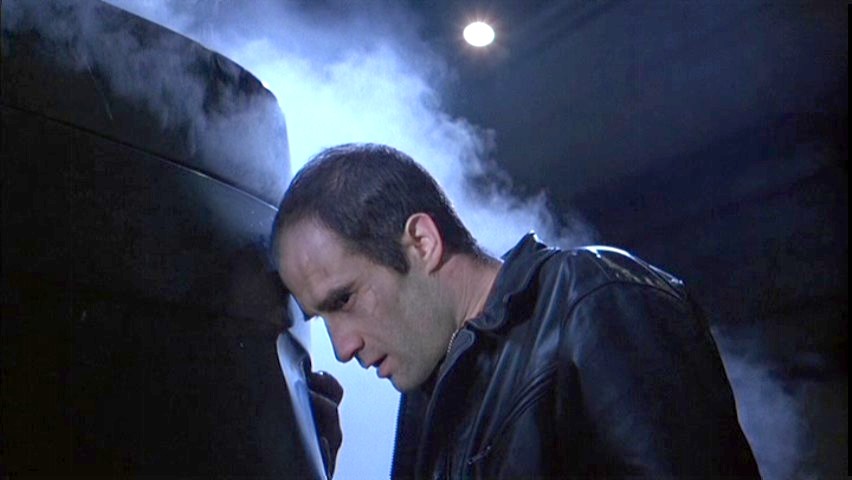
Sex pervades a surprisingly large array of Cronenberg’s films but his most well-known pyschosexual drama has to be Crash. A lot of that has to do with how upfront it is about its strangeness. While other Cronenberg features have weird qualities lurking under the surface, the film description tells the viewer everything they need to know. Crash is a film about people finding arousal in car crashes. Right then and there it solidifies itself as one of the oddest films on the list, but Cronenberg runs wild with this idea. He has his characters study car crashes and their relationship with sexual intimacy; they recreate crashes that have already happened to find a bizarre sexual satisfaction in them. And what is even more bizarre is that they help each other.
Instead of being an intimate film where one character has to hide their absurd fetish from others, James, and Vaughan, the two male leads, assist each other in exploring this utterly puzzling fascination. Its 100-minute runtime is a series of increasingly odd sexual situations that truly just serve to exemplify how messed up the main characters are. But maybe that is just the point, as the film is strange before cars are even involved. Catherine and James already have an open marriage where they reveal experiences with others to their partner, so the cars being introduced were merely an object to get hooked to. By the time Catherine fantasizes about her husband having sex with a man that follows her, well, the cars should not be blamed as the source of abnormality. Maybe it should be Catherine and James and the weirdness innate in sexual attraction.
2. Cosmopolis (2012)
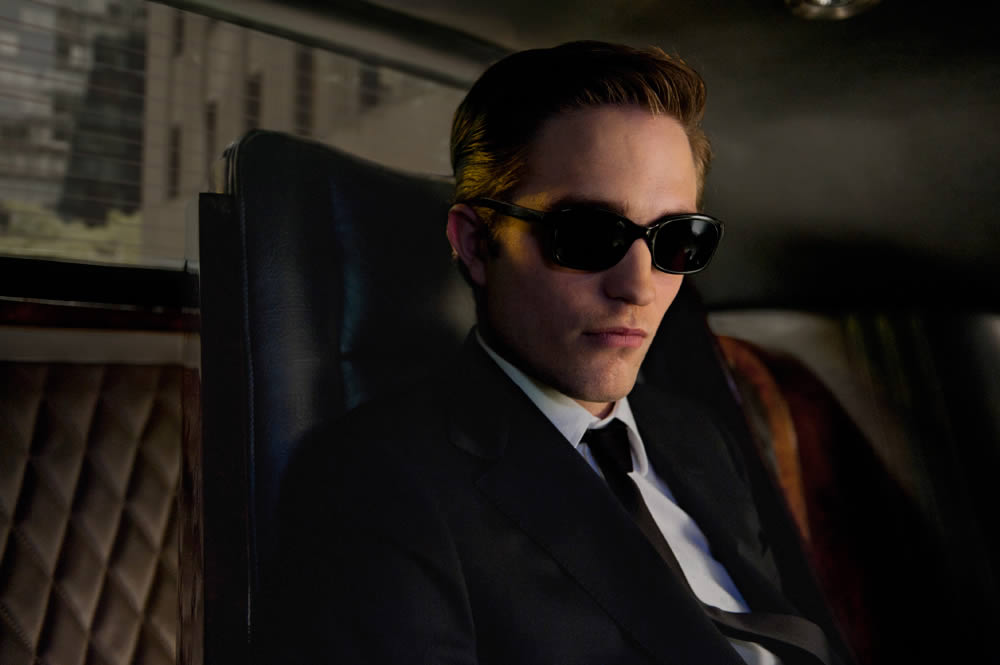
Cosmopolis finds freedom in a severely limited space. So much of the film takes place in Edward Packer’s (Robert Pattinson) limousine, but the environment opens the door to endless possibilities for what can happen outside of it. The film does not have to contort itself or the emotional beats to satisfy the expectations for a traditional horror narrative, which means Cronenberg can more or less run wild with a fascinating source material, which is exactly what he does. Edwards’s wife wants to meet him for coffee one moment, and then on the same day wants a divorce. An anti-capitalist crowd stalks his limo spewing their rhetoric and then decide to throw pies at him.
Cosmopolis is a film that seems to find joy in finding extremes, in really pushing the idea of suspension of disbelief because of how unnatural the whole film can seem. Like how the limousine is halted by a visit from the President, but also by the death of a rap artist. There can be no rhyme or reason to the presence of certain characters and how other characters act but that just makes it such a confusing joy to watch. It is a glance at capitalism that uses an asymmetrical prostate as the key plot point of the story. Only Cronenberg would think to bring such a story to the screen.
3. Stereo (1969)
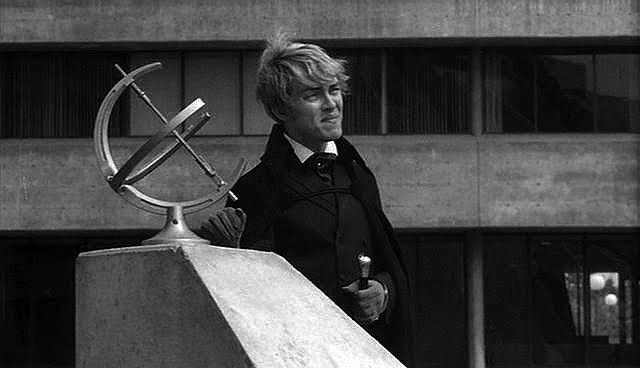
Cronenberg did not so much develop an affinity for weirdness as he did proclaim his undying love for it with his debut film. Before Stereo’s story can even be addressed, the actual way Cronenberg communicates the story is fascinating. Taking inspiration from La Jetée, Stereo at times can come off as a complicated collage of images more than anything else. It is full of offbeat imagery and is devoid of dialogue to help explain the point of the narrative, which may just be the weirdest thing in the film. No a commentary track is left to explain the the supernatural and unnatural work and it has quite the task.
The film focuses on people with telepathic powers, but instead of trying to use them for more practical and important matters, they use them to form sexual bonds with others. The goal is to develop a stronger, sturdier base than the fading family unit and replace it with individuals all engaging in polygamy. What only heightens the atypicality of the project are some of the baffling decisions Cronenberg makes throughout, like not showing the doctor responsible for the experiments or explaining the significance of the black cloak, which various telepathic beings wear throughout the runtime. Something such as Crash appears more obviously perplexing, but Stereo is not straightforward in any capacity. Crash has a clearly explained narrative while Stereo has a cold, ill-defined sense of time spent on the experiments and the effects characters feel. One character has a second personality that overcomes her original one, yet the film moves forward without dwelling on why it happened. It revels in being a cold, esoteric work that even when analyzed is brimming with queerness.
4. Crimes of the Future (1970)
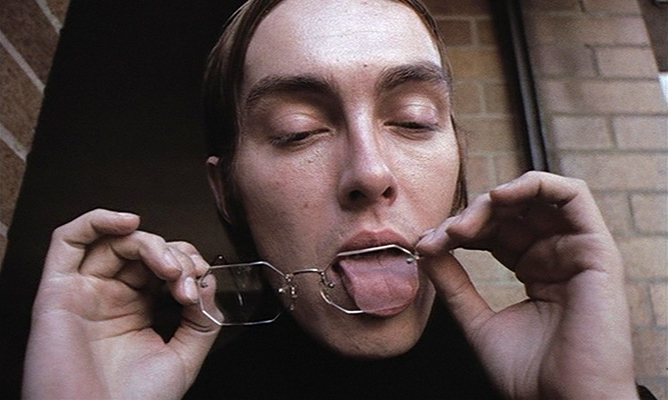
Similar to Stereo, Crimes of the Future does not have dialogue for the inhabitants of the sci-fi world to express emotion. It is left with a commentary track to explain its world and while it certainly does a better job than stereo, the focus of the film so extremely offbrand. A cosmetic product has randomly started killing sexually mature women. But instead of detailing a story that brings forth a frantic fight against the epidemic, Cronenberg has his sights set on Tripod, who copes with a defeminized world by taking an interest in foot fetishes and later joins a group of pedophiles. Sometimes it is just stunning at how Cronenbrg swerves around traditionality. The premise is simply enough, but the obvious route seems to be to make a film around the efforts of men to correct the problem.
Cronenberg distinguishes himself from the mainstream by deciding what to show and what not to. He does not take the obvious path he goes down a deranged one where Tripod, who has little to no characterization as his, takes up the most unusual way to deal with the world he now has to live in. By the end, where a cream-esque substance is getting emitted from Tripod’s nipples, which signals his impending doom, there barely is a connection between him and the audience. There is no sense of empathy built in the film nor really a comprehensive dystopian look at this new future. No, it has tunnel vision on a man finding merit in feet and underwear despite such a rich story waiting to be told.
5. Shivers (1975)
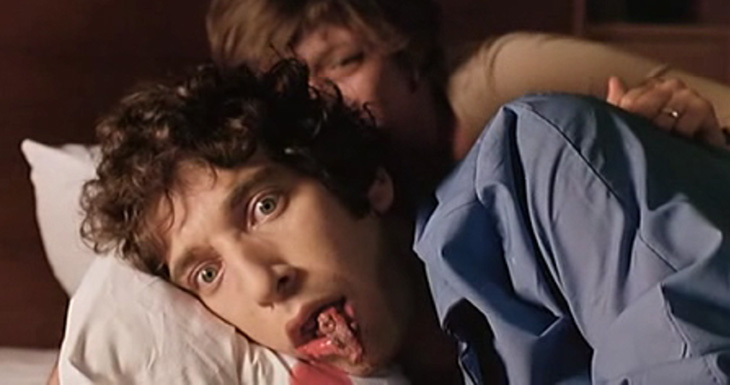
As seen so far, Cronenberg’s array of films can be weird in different ways, such as presentation, subtext, or just general craziness. But Shivers is so bizarre because of how insane it is to see a story as gory and psychosexual as it is executed in 1975. The movie plays out almost like a zombie film, as a pretty large assortment of characters attempt to save themselves from an increasingly horny and infected population. And it is the bluntness of it all that makes it so irregular.
The film carries on with characters violently making out with each other, sexually assaulting each other almost the whole way through. When it is not filled with frantic escapes it circles back to the odd eroticism Cronenberg focuses on in other films, as the creator of the parasite wanted the world to return to a primal world of raw sexual energy and anger. And while that is ludicrous as well it is honestly quite normal for the horror genre to navigate the idea of STDs in such a way. The subtext makes a lot of sense but while It Follows feels very graceful in normal in how it navigates what it is trying to say, Shivers comes off as a B movie piece of exploitation with far too much slow mo that also has aspirations to be a high genre piece. It is a film of incongruity that lacks in a deranged plot filled with fetishes but somehow maintains weirdness by how unappealing and raw its moments of action can be.